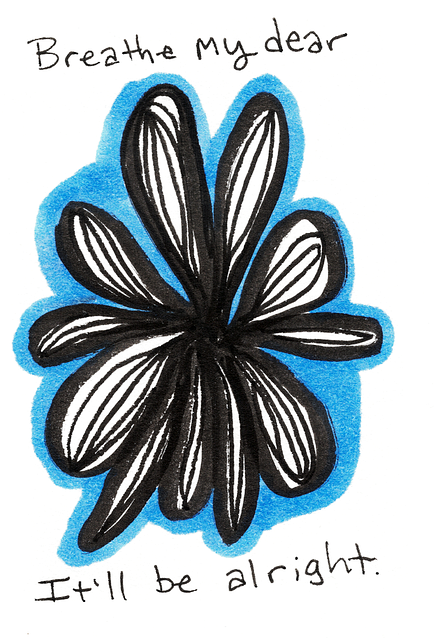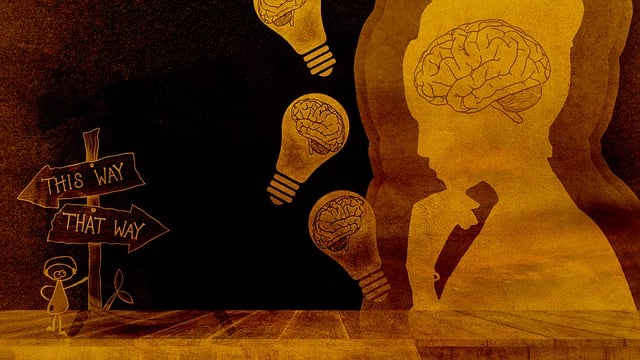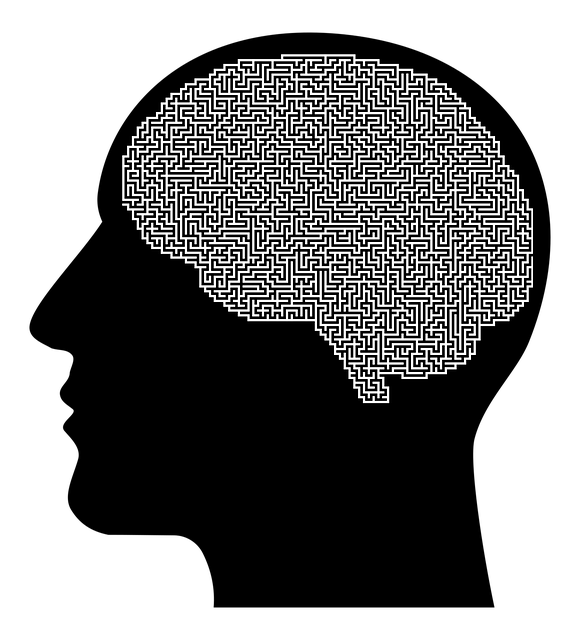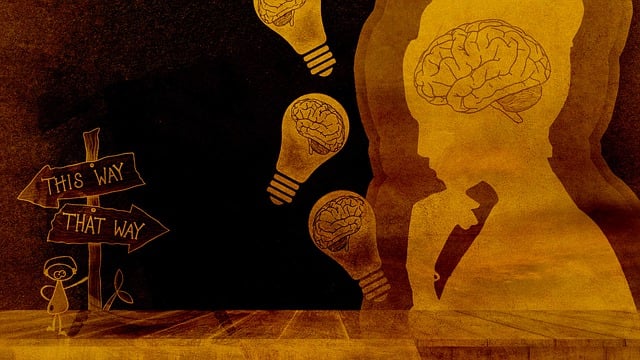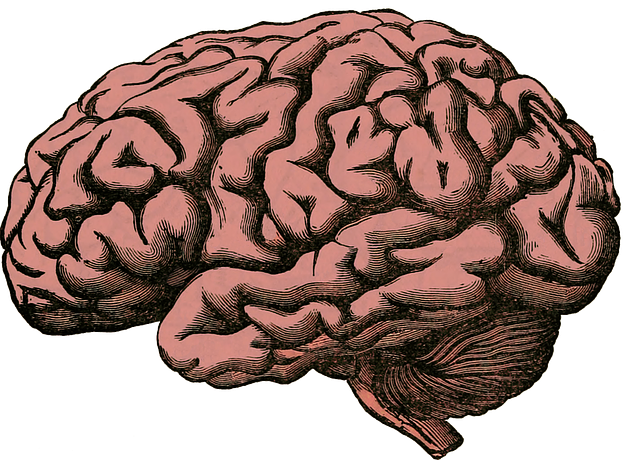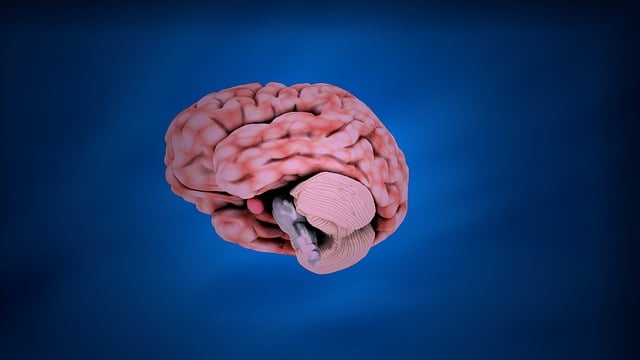Wheat Ridge panic disorder and anxiety attacks significantly impact mental health. CBT is an effective therapy, challenging negative thought patterns. Early intervention, risk assessment tools, and empathetic environments are crucial. Mental wellness coaching complements therapy with goal-setting, action planning, and mindfulness techniques, enhancing symptom management and resilience. A successful coaching program integrates evidence-based practices, cognitive reframing, personalized stress management, and stigma reduction for lasting positive transformations. Implementing and evaluating coaching techniques improves emotional regulation skills, reduces panic disorder symptoms, prevents recurring anxiety attacks, and promotes healthcare provider well-being through positive thinking and resilience.
Mental wellness coaching is emerging as a powerful tool in managing conditions like Wheat Ridge Panic Disorder and Anxiety Attacks. This article delves into the development of effective coaching programs, exploring key aspects such as understanding specific disorders, the therapeutic role of coaches, program design, and implementing evidence-based techniques. By examining these components, we aim to highlight how mental wellness coaching can complement traditional therapy and significantly enhance anxiety management strategies.
- Understanding Wheat Ridge Panic Disorder and Anxiety Attacks
- The Role of Mental Wellness Coaching in Therapy
- Developing a Comprehensive Coaching Program
- Implementing and Evaluating the Effectiveness of Coaching Techniques for Anxiety Management
Understanding Wheat Ridge Panic Disorder and Anxiety Attacks

Wheat Ridge Panic Disorder and Anxiety Attacks represent a significant challenge in mental health management. This condition often manifests as sudden, intense fear or discomfort, accompanied by physical symptoms like rapid heartbeat, sweating, and shortness of breath. Such episodes can be debilitating, leading to avoidance behaviors that further isolate individuals and impede their daily functioning.
Understanding these attacks is crucial for effective therapy. Techniques such as cognitive-behavioral therapy (CBT) have proven valuable in managing panic disorder. CBT helps individuals identify and challenge negative thought patterns associated with anxiety, fostering a sense of control during triggers. Additionally, Burnout Prevention Strategies for Healthcare Providers and Risk Assessment tools for mental health professionals play a vital role in early intervention and Empathy Building Strategies to create supportive environments, enhancing recovery prospects.
The Role of Mental Wellness Coaching in Therapy

Mental wellness coaching plays a complementary role in therapy, offering a structured yet flexible approach to support individuals dealing with various mental health challenges, including Wheat Ridge panic disorder and anxiety attacks. Unlike traditional talk therapy, which primarily focuses on exploration and reflection, coaching utilizes goal-setting, action planning, and accountability mechanisms. Coaches guide clients through practical strategies and skills development, empowering them to take ownership of their mental wellness journey.
In the context of Wheat Ridge panic disorder and anxiety attacks therapy, coaches can help individuals identify triggers, develop coping mechanisms, and practice mindfulness techniques. They provide tailored support for setting realistic goals, such as managing symptoms, improving self-care routines, and enhancing overall resilience. By combining evidence-based practices with personalized guidance, mental wellness coaching enhances the effectiveness of therapeutic interventions, fostering a holistic approach to mental health that goes beyond traditional therapy sessions.
Developing a Comprehensive Coaching Program

Developing a comprehensive mental wellness coaching program requires a nuanced approach to cater to diverse needs. Incorporating evidence-based techniques for Wheat Ridge Panic Disorder and Anxiety Attacks Therapy is essential, ensuring individuals gain practical tools to manage symptoms and improve their overall well-being. A robust program should also focus on cultivating inner strength through mindfulness practices, cognitive reframing, and stress management strategies tailored to each client’s unique journey.
Beyond direct therapeutic interventions, a comprehensive approach considers Mental Illness Stigma Reduction Efforts, fostering an inclusive environment where individuals feel empowered to openly discuss their experiences. By integrating these elements, coaching programs can effectively support clients in cultivating mental wellness, building resilience, and achieving lasting positive change.
Implementing and Evaluating the Effectiveness of Coaching Techniques for Anxiety Management

Implementing and evaluating coaching techniques for anxiety management is a critical step in developing effective mental wellness programs. These techniques, tailored to address Wheat Ridge Panic Disorder and Anxiety Attacks Therapy, focus on enhancing emotional regulation skills. By integrating evidence-based practices, coaches can empower individuals to manage stress, reduce symptoms of panic disorder, and prevent recurring anxiety attacks. Regular assessments and feedback mechanisms are essential to gauge the progress and make necessary adjustments in the coaching approach.
The success of these interventions extends beyond individual therapy; they have a significant impact on burnout prevention strategies for healthcare providers. Promoting positive thinking and emotional resilience among healthcare professionals can lead to improved job satisfaction and overall well-being. This, in turn, contributes to better patient outcomes and fosters a supportive environment where individuals struggling with anxiety disorders receive comprehensive care.
Mental wellness coaching programs have emerged as a valuable tool in managing anxiety, particularly for individuals with Wheat Ridge Panic Disorder and Anxiety Attacks. By combining traditional therapy methods with tailored coaching techniques, these programs offer a holistic approach to improving mental health. Through comprehensive training and effective implementation, coaches can significantly enhance the lives of their clients by providing support, education, and strategies for coping with anxiety symptoms. This personalized journey towards better mental wellness is accessible and beneficial for those seeking alternative therapeutic interventions.


